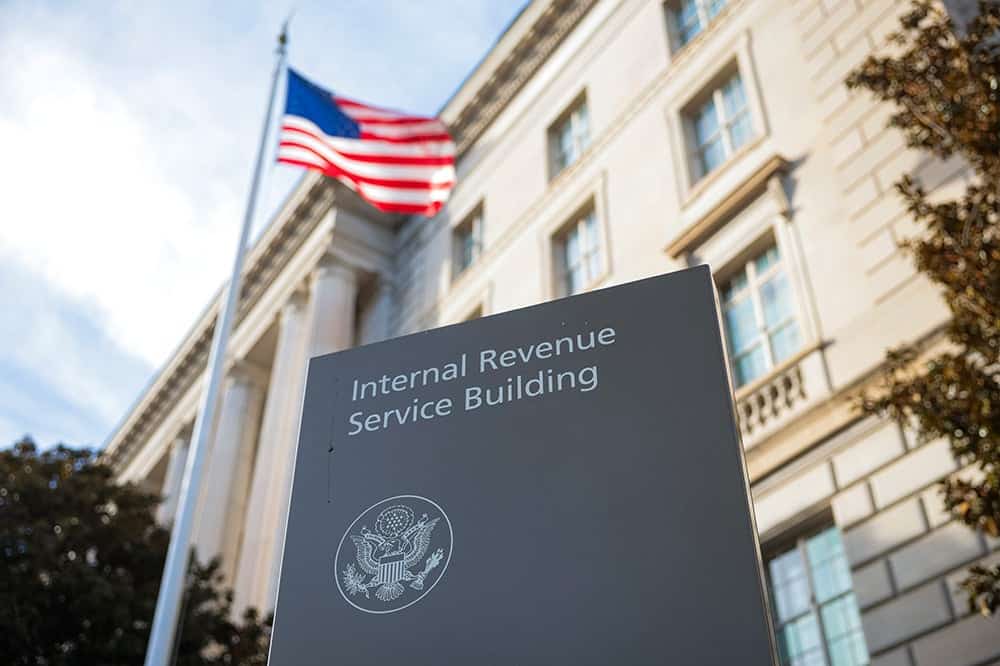Peterson Foundation Statement on $32 Trillion National Debt Milestone

NEW YORK — Michael A. Peterson, CEO of the Peter G. Peterson Foundation, commented today as the United States surpasses $32 trillion in debt. Peterson said:
“We were fortunate to avoid a default under the debt ceiling, but the broader problem is that we keep ignoring the growing debt itself. As we race past $32 trillion with no end in sight, it’s well past time to address the fundamental drivers of our debt, which are mandatory spending growth and the lack of sufficient revenues to fund it.
“Doing nothing is not an option because critical social programs are heading to insolvency, and we’re on a path to add a staggering $127 trillion to the debt over the next 30 years. By 2053, nearly 40% of all federal revenues will be spent on interest alone — an unthinkable burden for us to place on future generations.
“To course correct for the benefit of all future Americans, we need a committed and comprehensive approach, so it’s encouraging that both Democrats and Republicans have called for a bipartisan fiscal commission to look at all parts of the budget.
“It’s time to get moving on a fiscal commission that puts everything on the table, building on the momentum achieved through the bipartisan debt ceiling agreement and enabling a serious and substantive process for enacting solutions to our fiscal challenges. Doing so will put our nation on stronger and more sustainable footing, shore up critical healthcare and retirement security programs, enhance our leading role in the world, and build a better, more prosperous future for the next generation.”
For a photo of the national debt eclipsing $32 trillion for editorial use click here. To see the national debt ticking above $32 trillion, visit www.thenationaldebt.org.
# # #
Further Reading
The United States Collects Less Tax Revenue Than Other G7 Countries
The U.S. collects less tax revenues compared with other G7 countries, and that lower level of revenues is a key driver of the national debt.
Energy Tax Policy Under the OBBBA
As part of the OBBBA, lawmakers rolled back existing energy tax incentives in order to partially offset the bill’s deficit impact.
Top 10 Reasons Why the National Debt Matters
At $38 trillion and rising, the national debt threatens America’s economic future. Here are the top ten reasons why the national debt matters.


